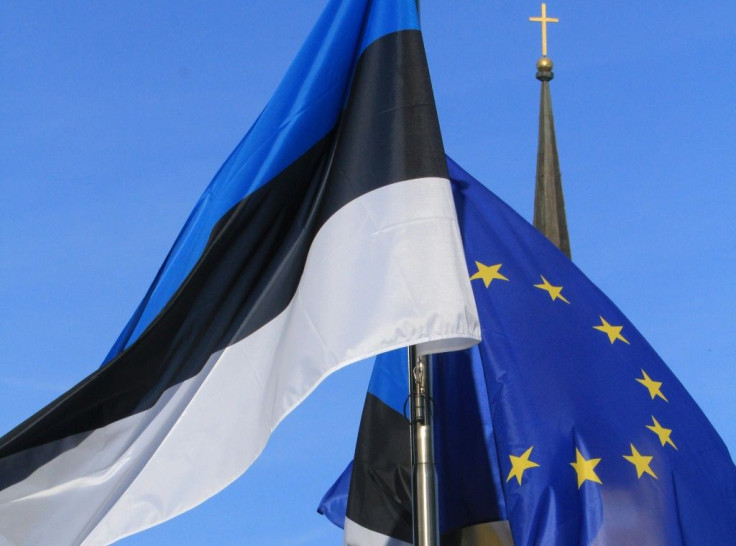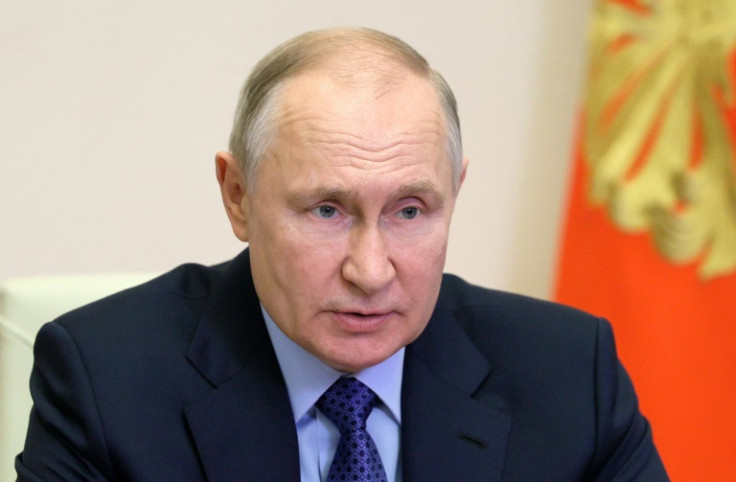Russia Planned To Assert Influence In Estonia, Latvia And Lithuania, Leaked Docs Reveal

KEY POINTS
- Russia planned to expand its cultural and linguistic influence in the Baltic States
- Russia also planned to weaken the local democratic governments of the Baltic States
- Moscow has consistently criticized the Baltic States for refusing to acknowledge Russia as their state language
Russia planned to assert its influence over the Baltic States, specifically Estonia, Latvia and Lithuania, according to leaked documents from the Russian government.
Among other things, Russia planned to expand its cultural and linguistic influence and its pro-Kremlin political organizations in the former Soviet states. The plans for the Baltic States were broken up into three parts: political, military and security-related objectives; trade and economic; and society-related goals, according to confidential strategy documents obtained by Yahoo! News.
The leaked documents, which were drafted in 2021, also showed Russia's plans to stop the construction of NATO military bases in the Baltic States and weaken each country's local democratic governments.
The Kremlin's strategic plans were drafted by the Russian Presidential Administration's Directorate for Cross-Border Cooperation, currently headed by Alexei Filatov, who reports directly to Dmitry Kozak, the deputy chief of the Presidential Administration. The agency is staffed by Russian intelligence officers from the FSB, SVR and GRU.
It is the same agency behind other leaked documents, including one that purportedly showed plans for a political, economic, humanitarian, trade and military merger with Belarus as part of the so-called "Union State of Russia and Belarus."
Yahoo! News said it obtained both documents together with a consortium of international investigative journalists from Estonia, Sweden, London, Latvia, Kyiv and Lithuania.
Moscow has, for years, criticized Estonia, Latvia and Lithuania for not acknowledging Russian as its state language. It has also accused the Baltic States of discrimination against ethnic Russians.
In 2018, for instance, Moscow threatened to sanction Latvia after it made the Latvian language compulsory in all secondary schools, adding that it is undermining minority rights. The move meant all 16 to 18-year-olds will only be taught in Latvian. Bilingual or Russian-only teaching methods will be available to younger children whose mother tongue is Russian.
Estonia has also adopted a language reform that would gradually bar kindergartens and schools from teaching using the Russian language.
Both Latvia and Estonia continue to allow students to opt for extensive Russian language and culture classes.
Since the start of Russia's invasion of Ukraine, the Baltic States have also barred the entry of Russian citizens into their countries, including those fleeing from conscription.

© Copyright IBTimes 2024. All rights reserved.






















